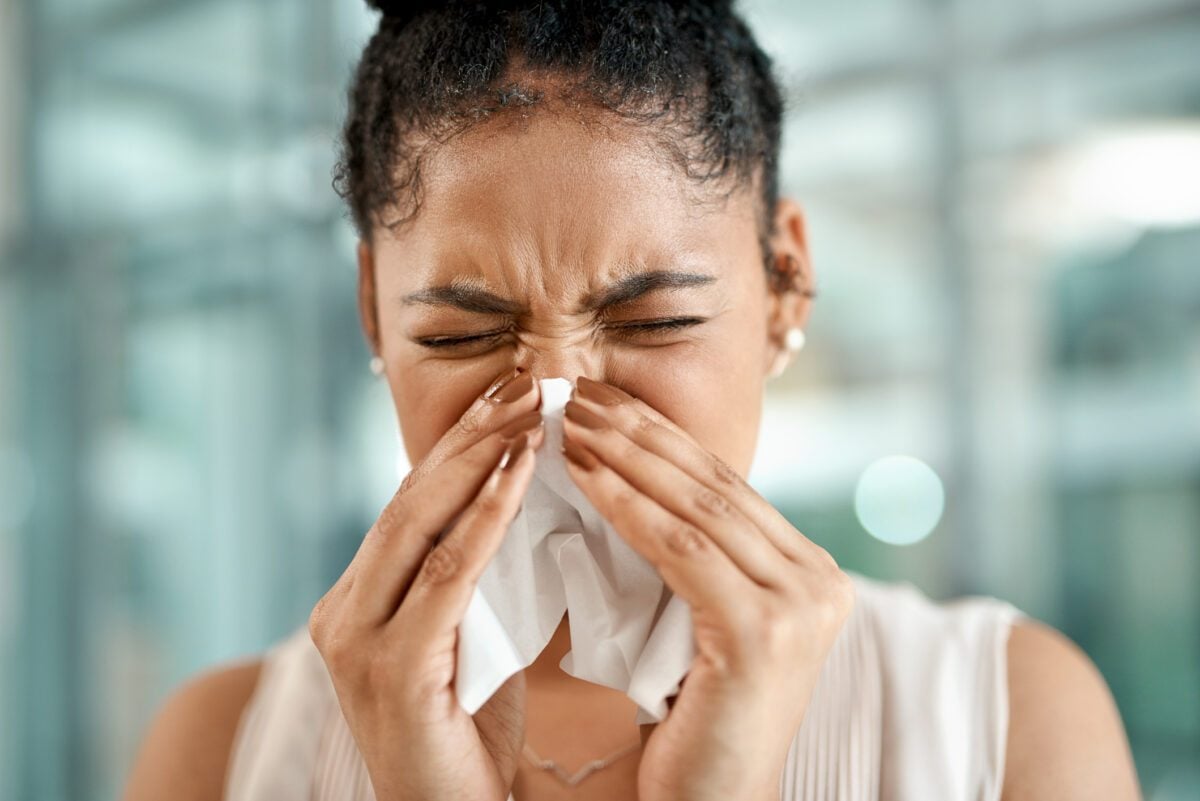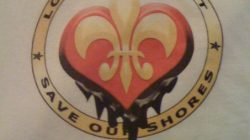The Curious Case of Sneeze Etiquette
My husband has a unique way of sneezing—loud, dramatic, and capable of sending the dog into hiding and the neighbors peering out their windows. It’s not just a simple sneeze; it’s more like a performance. And honestly, I often feel like smothering him with a pillow that says “Use your indoor sneeze.” I know I’m not alone in this struggle. For those who haven’t experienced this, may you continue living in peace.
When someone sneezes, the standard response is to say “bless you.” But for me, that phrase feels like an insult. I’d rather curse, exorcise, or even catapult him somewhere else. However, there’s something about a sneeze that makes us all want to respond, whether it’s out of politeness or superstition. So why do we say “bless you” after someone sneezes? And what other phrases are used around the world?
The Origins of “Bless You”
There are two popular theories about the origin of “bless you.” According to Amy Stewart from Oxford University Press, it might be a shortened form of “(may) God bless you.” In the past, sneezing was seen as a sign of illness or an evil presence trying to enter the body. During the 6th century, Pope Gregory I encouraged people to say “bless you” during a plague, as sneezing was considered a possible symptom of death.
Another theory suggests that people believed sneezing could expel the soul or allow evil spirits to enter. A quick “bless you!” served as a spiritual protection. Don Ringe, a linguistics professor at the University of Pennsylvania, acknowledges these theories but notes that the exact origin remains unclear. He adds that in German, people say “Gesundheit,” which means “health,” a similar concept.
Other Sneeze Responses Around the World
While “bless you” is the most common response, different cultures have their own ways of responding to a sneeze.
Gesundheit
In German-speaking countries, “gesundheit” is used, meaning “health.” This phrase gained popularity in American English in the 20th century, possibly due to a linguist’s influence.
Salud
In Spanish-speaking countries, “salud” (also meaning “health”) is the go-to response. Similarly, in Italian, it’s “salute!” and in French, they say “à tes souhaits!” These phrases all stem from the Latin word “salus,” meaning health.
Modern Etiquette
Modern responses include:
- Excuse you: A cheeky and slightly sarcastic reply, best reserved for close friends.
- You good?: A casual, millennial take on sneeze etiquette, showing concern while adding a touch of humor.
- Stop that!: A direct response, ideal for those tired of loud sneezes.
These responses reflect how social norms evolve over time, blending tradition with modernity.
The Persistence of Tradition
Today, we understand that sneezing is simply the body’s way of removing irritants. Yet, the tradition of responding to a sneeze persists. Old habits, including fears of plagues and superstitions, are hard to shake. Whether you say “bless you,” “gesundheit,” or “stop that,” responding to a sneeze is a small ritual that maintains social order. It’s a moment of connection, a nod to tradition, and perhaps a lingering belief that science hasn’t completely erased.
So next time someone sneezes, remember that your response is more than just a polite gesture—it’s a piece of history, culture, and human connection.







